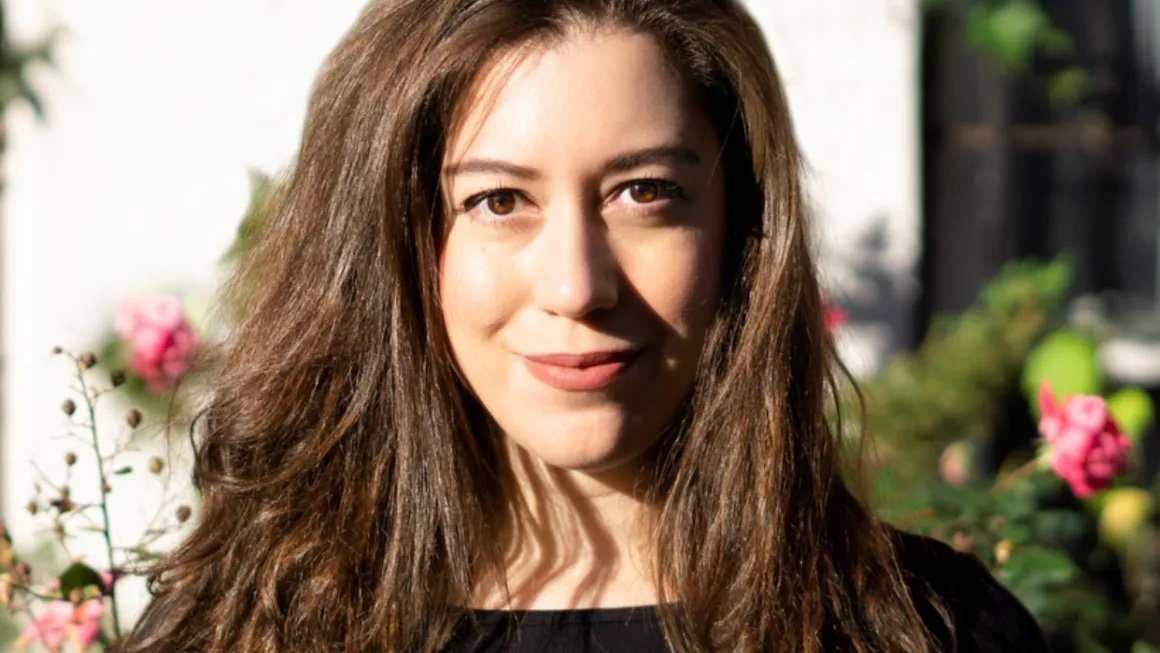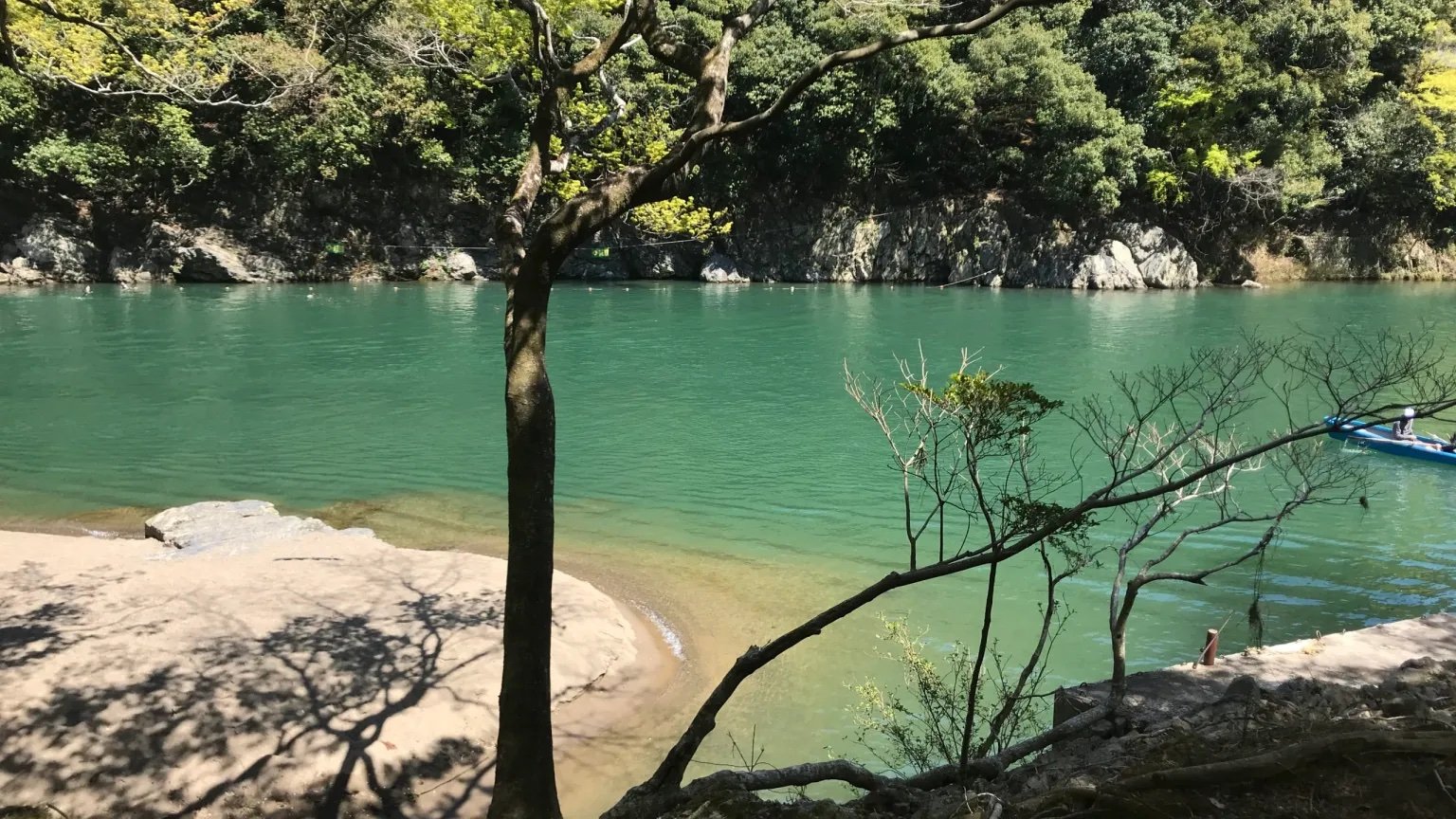60 for 60: Apollo in the Defeated Town
The statue's red lips
drip with the spit
of abandoned wives.
Two Poems, (“On pain” and “On killing” I and II)
You talk of time and how its crooked ways will make us old as time. of daily devotions. of the goodness in good friday.
5 Poems by Li Xiaoyang (pen name Cong An)
Fastened to keys and thieves in its fate
Just as life is fastened to the bright and degenerate,
To forgiveness or silence.
60 for 60: [So much joy! We have come as close as we dared, Lord]
This past week, many of my waking thoughts have strayed towards Ukraine, as I am sure is true for many. Between fear of nuclear threats from Russia, the danger of totalitarianism in Europe, and moving portraits of everyday citizens taking up arms, international consciousness is riveted to this disturbing development.
The Language between Worlds: A Conversation with Poet Carlie Hoffman
What does it mean to occupy an “Alaska of the mind”? Is it possible to write into and against the world of your own poems? In her debut poetry collection, This Alaska, Carlie Hoffman maps a vast, sparsely populated, and glacial terrain, choosing this landscape as the place of her reckoning with her childhood, grief, suffering, love, and hope. A poet, translator, and educator, Hoffman’s honors include a 92Y Discovery Poetry Prize and an Amy Award from Poets & Writers, among others. In conversation with Nina Reljić, a Columbia MFA student, Hoffman discusses her writing methodology and how some answers exist at the bottom of an endless well.
60 for 60: The First Gate
This initial version of Marie Howe’s “The Gate” appeared in our 1996 winter issue—coincidentally the year and season of my own birth. For a number of reasons, I’ve been obsessed for a while with the concept of a gate: the gates that we keep, the ones we pass or don’t pass at TSA, the rooms we are kept out of and are forced to break into or recreate outside toxic systems of power. Here, Howe deals directly with maybe the most important door we all must someday pass through.
I stole a timepiece
I’m situated now inside the evening
I carry two cold beers in my plastic grocery sac
It feels amniotic and sane
“Cut #1 (Kitchen at Noon)” and “Cut #5 (Winds)”
The blade, huge,
on which my daily
panic of a face
60 for 60: Just Yesterday
I’ve never gone swimming in a river (I’m not sure I’ve ever encountered a river considered clean enough to swim in), but I’ll never forget William Blake’s words in “The Chimney Sweeper“: “And wash in a river and shine in the Sun.” I doubt that, in Blake’s lifetime, anyone would have much fancied the Thames as a purificatory bath; but that does not stop the imagination from portraying it thus. I don’t think I can avoid rivers in my poetry, either, whether I’ll ever swim in one or not.
Two Yangzhou Poems
On the stand that collapsed
long before my arrival, I halt
and look to the autumn sun—
60 for 60: Late Morning
Marie Howe’s poem “Late Morning” was published in the Winter 1996-7 issue of Columbia Journal. Spare and uncompromising, the poem meditates upon the moments in which grief finds us, upon the mundane details that harbor such horror: “I remember … crumbs and dishes still / on the table, and a small glass bottle of milk and an open jar of raspberry jam”.
60 for 60: Letter to a Lampshade
Anne Marie Rooney’s poem “Letter to a Lampshade,” published in Columbia Journal in 2012, is about so much more than light and the material that enfolds it. The lampshade—the object—becomes a tool for the narrator’s profound introspection: “If I were like you, round, / apologetic. If I could seal closed and fall / into a bed wearing only light.” If only, if only…
One Poem by K. Iver
I want the impossible. Another
genre. Time for opening shots
of gravel, a small brick house
2022 Columbia Journal Spring Contest
The Columbia Journal is delighted to announce that the 2022 Spring Contest is now officially open for submissions in fiction, nonfiction, poetry, and translation. Our judges this year are Garielle Lutz (fiction), Colleen Kinder (nonfiction), Natasha Rao (poetry), and Aaron Coleman (translation).
Excerpt from the Poem, The Amphibian
I do not know who was singing
Amid beats, strains, and melodies, I was conscious of unrhythmic footfalls
The way Kafka was wary of feet beneath the land of Prague
60 for 60: Music Box
I came to poetry by way of Pablo Neruda, seeking the poets of my continent for guidance when the Europeans and Americans—the Plaths and Rimbauds and Dantes of the world—encouraged dark thoughts in me. Across the cordillera, off the southernmost tip of America, Neruda’s countryman had been going blind and making waves of his own, away from the odes to the body and the waves that drew me in.
60 for 60: The Brazier
Gertrude Stein said that, “One of the things that is a very interesting thing to know is how you are feeling inside you to the words that are coming out to be outside of you.” Poet Donald Revell captures that very feeling—a feeling which became a catalyst for the blazing onset of French Modernism—in his translation of surrealist poet Guillaume Apollinaire’s “Le brasier” in Columbia Journal’s twenty-second issue, from the winter of 1994. I thoroughly enjoy the first two lines of the translation, which Revell ingeniously flipped. “What I adore and transport/ I’ve thrown into the fire” (1-2). Revell makes it more palatable for an English-speaking reader without losing its flair. He does an outstanding job capturing the slant rhymes Apollinaire uses, such as with the rhyme of “testicles” and “vegetables.” At times he gets creative and writes a rhyme where one didn’t exist in the original.
crème pâtissière
it’s true when I tell you
I don’t know what’s good for my health
like wiping my powdered fingers





![60 for 60: [So much joy! We have come as close as we dared, Lord]](https://images.squarespace-cdn.com/content/v1/64078b07fc55bb62f3100e4e/be81b749-91d5-4614-b05c-6f06b302c49b/alice-kotlyarenko-urt5o3L9gNo-unsplash-scaled.jpg.webp.jpeg)











































